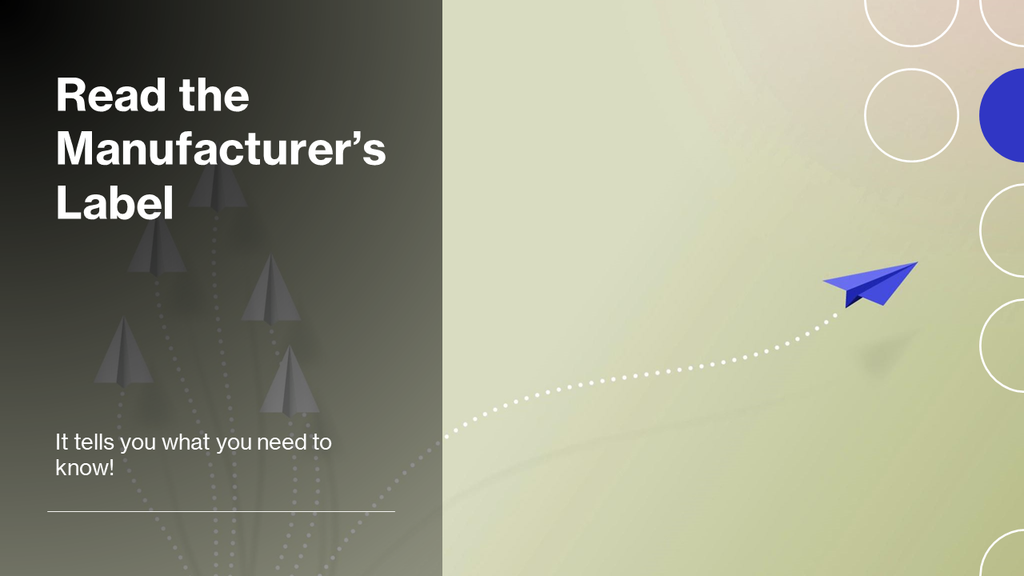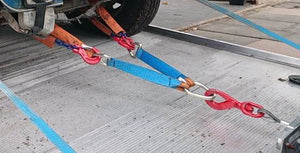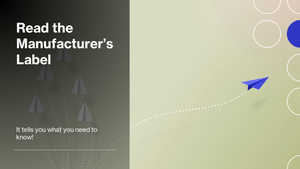Polyester Load Restraint Rating Labels - The Definitive Information Required

Speaking to customers, there appears to be some confusion as to the information that is required to be included on the labelling of Polyester load restraint webbing straps, as stipulated in the BS EN 12195-2 standard.
With this blog, we hope, therefore, to clarify what is and, therefore, what is not required!
Load restraint means that a load on a vehicle must be restrained by a load restraint system that needs to secure the load to the vehicle chassis and prevent movement. It is NOT a lifting system.
The example of a blank label layout below contains ALL of the categories that need to be completed by the manufacturer when making a load restraint webbing strap assembly. Once completed it will fully comply to the BS EN 12195-2 standard. No other information is necessary.

Section B - this is the part of the label which is visible to the user. Section A - this part is sewn into the webbing strap itself, which secures the critical identification data in case Section B data is damaged, cut off or not readable.
Below, is an example of a Cardno's load restraint label for the ratchet end of a webbing strap, with all of the relevant data included.

The manufacturer is responsible for the products he makes, for this reason, as a part of the quality control process, traceability is required, via the 'Manufacturer's traceability code' or 'Batch code'.
Load Restraint webbing straps should not be confused with the labelling required for polyester LIFTING SLINGS, where, for example, a traceable serial number in conjunction with a manufacturer's certificate is a requirement to meet LOLER.
Any information/category other than this on the label is irrelevant and totally unnecessary for it to comply. For example, we have seen reference to RAS (rated assembly strength) and UTS (ultimate tensile strength). These are not stipulated in the BS EN 12195-2 standard and are unnecessary.
We hope this has clarified any confusion you may have had on this matter. If you need anything further though, please contact us, we will be happy to help!
- Cardno Sales Team






